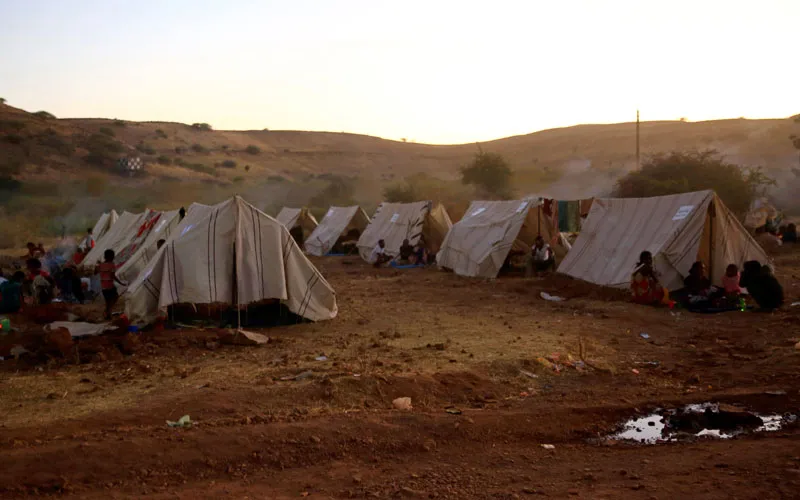Tigray, 15 December, 2020 / 2:02 pm (ACI Africa).
An Eritrean Cleric known for his ministry with refugees and migrants crossing from North Africa to Europe is appealing for the safety of arrested people and Eritrean refugees in conflict-ridden Ethiopia’s Tigray region amid reports of disappearance.
In a Tuesday, December 15 report obtained by ACI Africa, Rome-based Fr.Mussie Zerai says his local sources have confirmed that Eritrea forces on the border with Tigray have arrested and taken away around a hundred people of the Irob ethnic group, who live on both sides of the inter-State border.
“Their fate is not known nor the reason for their arrest. The only certainty is that of their disappearance even though they played no role in the context of the conflict in Tigray,” Fr. Mussie says referencing the members of the Irob ethnic group.
A similar fate has affected Eritrean refugees living in other Ethiopian cities including the capital, Addis Ababa, the Cleric who was ordained a Priest in 2010 bemoans in the December 15 report by Agenzia Fides, the information service of the Vatican's Propaganda Fide.
He explains, “The Ethiopian security forces have organized several bus convoys to take these people to refugee camps in Tigray. Hundreds of people who fled the oppressive regime of Asmara have been gathered in refugee camps in an area that is not yet fully pacified.”








